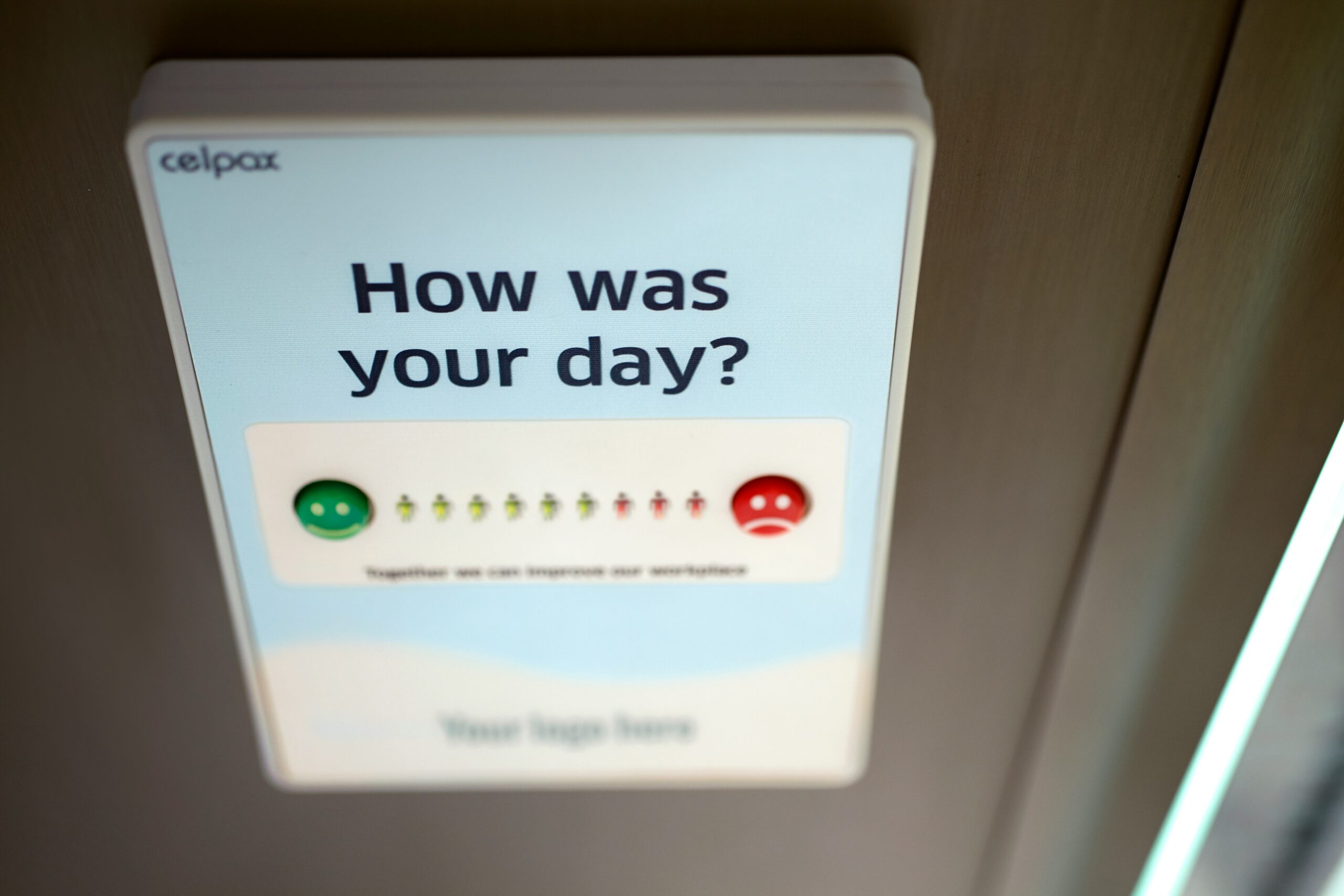Technology revolutionizes hospitality faster than educational programs adapt their curricula. Students pursuing hospitality studies need awareness of emerging technologies shaping industry futures. Traditional service skills remain important, but digital competencies determine career trajectories. Understanding these technological shifts positions you advantageously for opportunities in luxury hotels embracing innovation.
Artificial Intelligence Transforming Guest Experiences
AI integration extends beyond chatbots into sophisticated personalization systems throughout properties. Modern hotels utilize predictive analytics, anticipating guest needs before requests arise. Understanding AI applications helps hospitalians enhance rather than fear technological advancement. Your role involves humanizing technology while leveraging its efficiency benefits.
Revenue management systems now incorporate machine learning for dynamic pricing optimization. Properties expect team members to understand basic algorithm functions affecting operational decisions. Hospitality studies programs increasingly include data literacy, preparing students for analytics-driven environments. Skills combining human intuition with data interpretation prove invaluable.
Voice-activated room controls and virtual concierges reshape guest expectations significantly. Luxury properties implement IoT devices creating seamless, personalized experiences throughout stays. Understanding these systems’ capabilities helps staff maximize their potential effectively. Technology troubleshooting becomes essential skill for all departments, not just IT.
The hospitality industry adopts contactless solutions as permanent fixtures beyond pandemic necessities. Mobile check-ins, digital keys, and QR code menus streamline operations considerably. Staff must guide guests through digital interactions while maintaining warm hospitality. Balance between efficiency and personal touch defines modern service excellence.
Sustainability, Technology and Virtual Reality Applications
Environmental monitoring systems track energy consumption, waste production, and carbon footprints. Properties seek team members who understand sustainability metrics and improvement strategies. Green technology knowledge influences hiring decisions as brands prioritize environmental commitments. Hospitality interns demonstrating eco-awareness gain competitive advantages in placement selections.
- Smart building management systems that optimize resource usage automatically
- Blockchain technology ensures supply chain transparency and authenticity
- Robotics handling repetitive tasks in housekeeping and food service
- Augmented reality is enhancing training programs and guest experiences
Virtual reality revolutionizes both training methods and marketing strategies industry-wide. Properties use VR for immersive staff training, simulating real scenarios safely. Marketing teams create virtual property tours, influencing booking decisions significantly. Understanding VR applications prepares you for innovative hospitality environments.
Social media integration becomes an operational necessity rather than just a marketing tool. Guest feedback through digital channels requires immediate response and resolution. Properties monitor online reputation constantly, expecting staff awareness of digital impact. Your actions influence reviews, affecting property success measurably.
Cybersecurity and Data Management Skills
Data privacy concerns require all hospitality professionals to understand security basics. Breaches damage brand reputation beyond immediate financial losses significantly. Training programs emphasize protecting guest information through proper digital hygiene. Every team member becomes responsible for maintaining cybersecurity standards.
Cloud-based property management systems centralize operations across multiple locations efficiently. Understanding these platforms improves collaboration and communication between departments. Remote work possibilities emerge for certain hospitality roles through cloud technology. Flexibility in work arrangements attracts diverse talent pools globally.
Cryptocurrency payments and NFT experiences enter luxury hospitality spaces gradually. Forward-thinking properties experiment with blockchain-based loyalty programs and exclusive access. Understanding these emerging technologies positions you for future opportunities. Early adopters in hospitality technology often advance rapidly within organizations.
Conclusion
Technology transforms hospitality from a traditional service industry into an innovation-driven sector. Students completing hospitality studies must embrace continuous learning beyond formal education. Digital literacy combined with genuine hospitality creates unstoppable professional profiles. Stay curious about emerging technologies while maintaining a human-centered service focus. Prepare for hospitality’s digital future through comprehensive programs at Hospitality Academy. Access cutting-edge curriculum. Position yourself at the forefront of hospitality innovation today.




